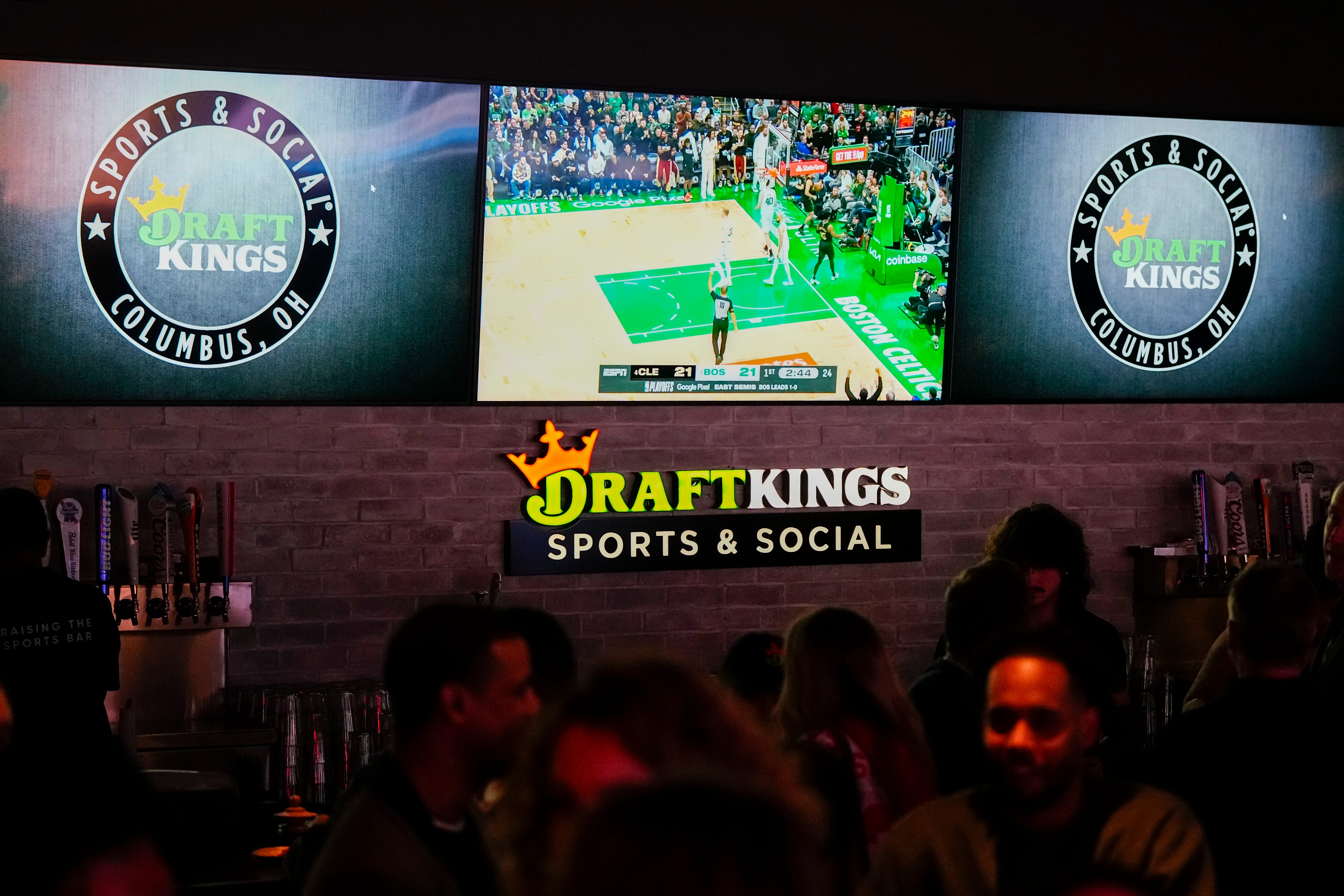Delaware on the Verge of More Competitive Sports Betting Market?

Delaware is considering broadening its legal sports betting platform by adding more than just one exclusive online operator. BetRivers took over as the sole vendor in the state’s online gaming business last year, replacing 888 which is exiting the American market. Although BetRivers is considered one of the top sports betting sites, its performance in Delaware has not been ideal.
Since 2018, retail sports betting has been a part of the Delaware sports betting landscape, making it one of the first states to capitalize on the U.S. Supreme Court’s decision to lift the nationwide ban on sports betting.
Last week, House Bill 365 was introduced with the goal of granting two mobile sports betting licenses to each of the state’s three casinos. If passed, this bill would significantly broaden the Delaware mobile sports betting market by increasing the number of providers from one to six, potentially paving the way for the introduction of real money online casinos.
It moved forward from the House Administration Committee last week and is now moving on to the House Appropriation Committee.
During the committee meeting on Wednesday, Democratic Rep. Franklin Cooke, the primary sponsor of H.B. 365, stated, “There is a significant desire from consumers for more operators. Residents of Delaware are still crossing the border into Maryland, Pennsylvania, and New Jersey to use their preferred mobile apps.”
More on H.B. 365
H.B. 365, introduced in April, seeks to revise Delaware’s current gaming laws by expanding the number of providers allowed in the state from one to multiple.
As stated previously, each of the state’s three casinos will have the opportunity to obtain two sports betting licenses. These casinos are:
- Bally’s Dover Casino Resort
- Casino at Delaware Park
- Harrington Raceway & Casino
Operators are required to pay a $500,000 fee for a five-year wagering license in the state, with renewal fees of $250,000 for an additional five-year term. The licensing fees collected will be deposited into the state’s General Fund.
Legal sports betting under the bill would be subject to an 18% tax on operators’ adjusted gross revenue, with the generated revenue allocated to support programs for those in need in Delaware.
Operators are required to allocate 1.5% of their monthly adjusted gross receipts to support horse racing purses in the state.
The Internet Sports Lottery Legislative Working Group in the state is supporting H.B. 365, a bipartisan coalition working towards solutions in the Delaware market. A report issued by the group in December stated that Delaware should implement an online sports lottery and have multiple operators to improve the market.
BetRivers not cutting it
BetRivers has been the sole online sports betting operator in Delaware since December 27th, but has not gained significant traction. The government is footing the bill for advertising, geolocation services, and computer server hosting, resulting in financial losses.
After becoming the exclusive vendor in the state in January, BetRivers has reportedly incurred costs of $2.2 million. Despite this, the platform’s revenues are only slightly higher. Residents looking to explore the sole vendor can utilize our BetRivers bonus code.
Some Delaware lawmakers appear hesitant about Betrivers’ dominance in the Delaware market.
Franklin Cooke stated last Wednesday that Delaware has had mobile sports betting through the BetRivers platform for over four months, but contrary to expectations, it has not generated substantial revenue for the state. Cooke pointed out that prior to the introduction of mobile sports betting, Delaware earned $8.5 million in the fiscal year of 2026.
The legislative session will conclude at the end of June, and further efforts to bring more operators to Delaware residents will continue to be a significant topic of discussion until then.







